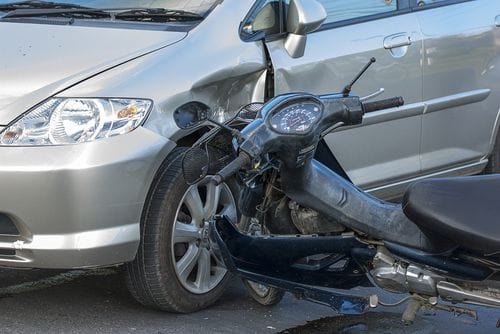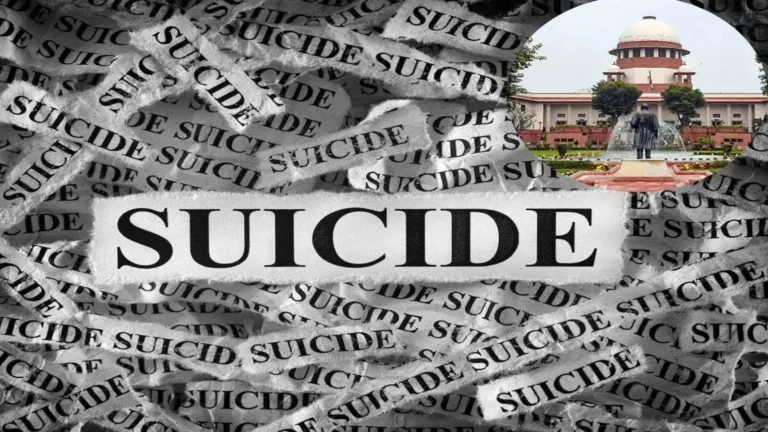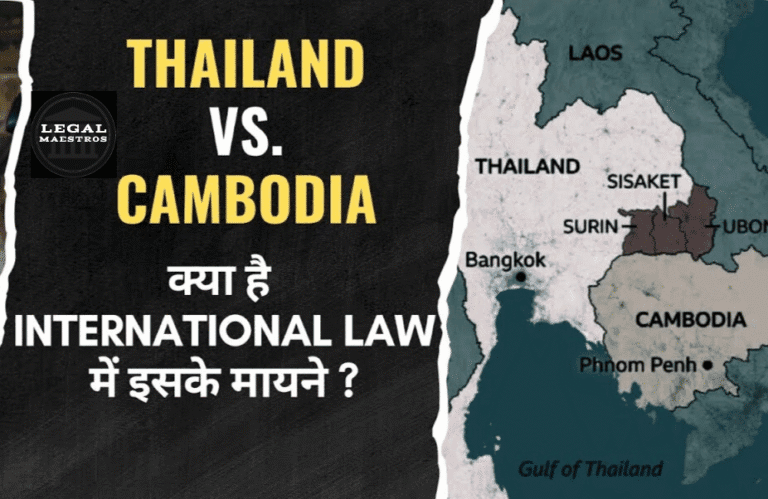
On 25th of July 2025 Friday the SC in Manjusha & Ors. v. United India Assurance Co. Ltd. considered if the family of a man who died as a result of driving his brother’s vehicle after a tyre burst accident was entitled to complete compensation under the Motor Vehicles Act, 1988. The key issue was that if the insurer could retrospectively limit its liability under a full insurance policy without pleading or establishing such a restriction before the Tribunal or HC.
Facts
The deceased brother of the vehicle’s owner died while driving the insured car after its rear tyre burst. His widow, children and parents filed a claim under the MV Act. The Motor Accident Rights Tribunal awarded them ₹25,82,000 based on their income, consortium, funeral expenses and other standard heads. The insurer challenged the award, arguing that the driver, not being a third party, was not covered under the constitutional obligation and that the complete policy only allowed for ₹2,00,000 coverage for owner-drivers only.
Arguments
Insurance Company:
For More Updates & Regular Notes Join Our Whats App Group (https://chat.whatsapp.com/DkucckgAEJbCtXwXr2yIt0) and Telegram Group ( https://t.me/legalmaestroeducators ) contact@legalmaestros.com.
- Demanded that the policy include a personal accident cover for the owner-driver but the liability was contractually limited upto ₹2 lakh only.
- Mentioned various examples where such limited obligation was upheld.
- Mentioned to Indian Motor Tariff (IMT) guidelines, specifically IMT-16 to support the coverage cap.
Claimants:
- Said that the limited obligation was never pleaded before the Tribunal or HC.
- Declared that the insurer failed to produce the policy document or provide any evidence to prove the ₹2 lakh cap.
- Highlighted that the accident was not due to the driver’s fault but due to the bursting of the tyre which was a mechanical failure that lay beyond human control.
Judgment
The SC, by Justices K. Vinod Chandran and Sudhanshu Dhulia, ruled that:
• It was not carelessness that led to the accident rather it was the cause of a tyre burst and the victim had a valid driving license.
- The insurance company failed to plead or prove limited liability before the Tribunal or HC.
- IMT-16 and insurance guidelines do not bind the insured unless clearly included and proven in the policy.
- The insurer’s new plea of limited liability, first advanced in appeal, could not be accepted because of the absence of a basis pleading and evidence.
Directly the Court discharged the High Court’s order and restored the Tribunal’s total award of ₹25.82 lakh and then ordered the insurer to pay the unresolved amount within a period of two months, with interest at 8% per annum, subject to adjustment of any already paid.
Impact / Analysis
This decision is an important repetition of procedural fairness and practical justice. It highlights that insurance companies cannot rely on post-facto procedures or unproduced documents to escape responsibility. If insurers want to enforce contractual restrictions, then they need to raise and establish such claims at the initial stage of litigation.
In addition, the Court differentiated between constitutional obligation under Section 147 and contractual liability under personal accident insurance, making it clear that limited obligation provisions have to be pleaded, established, and included in evidence to be enforceable.
The decision protects victims and their families from unpredictable and reflective defences by insurers and maintains the sanctity of accident claim processes.
Coram:
Justice Sudhanshu Dhulia
Justice K. Vinod Chandran






